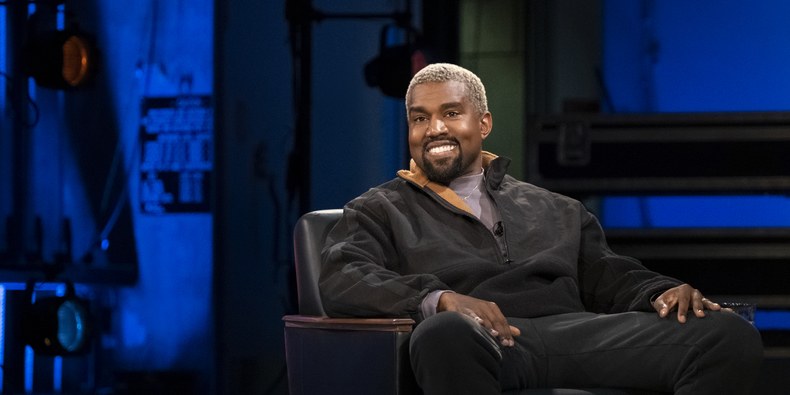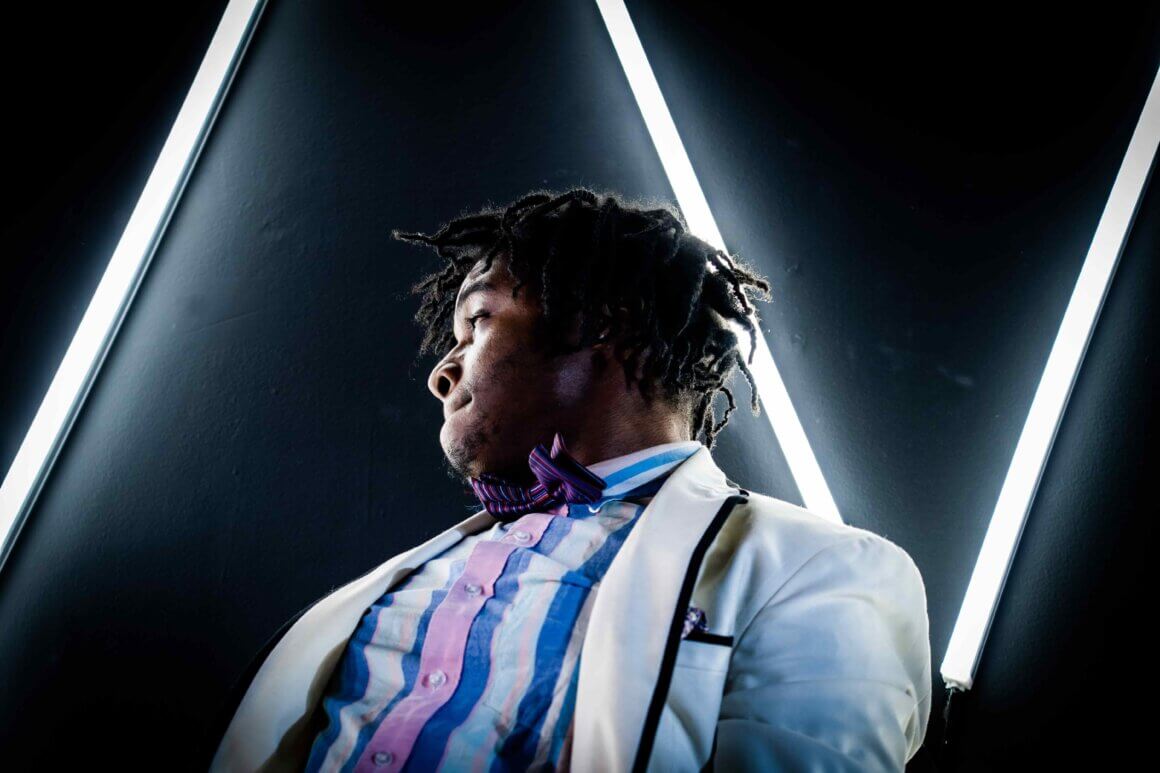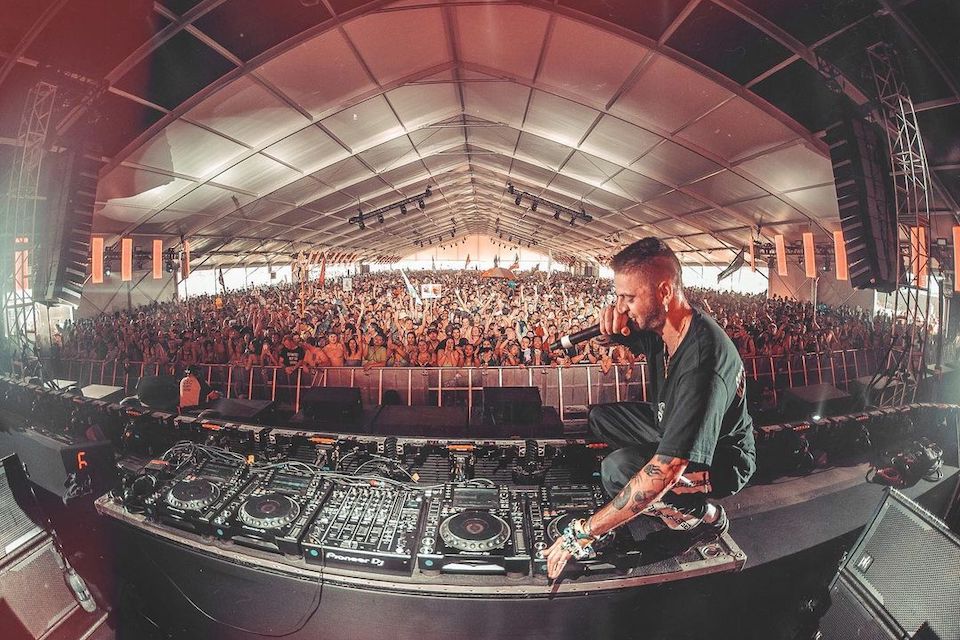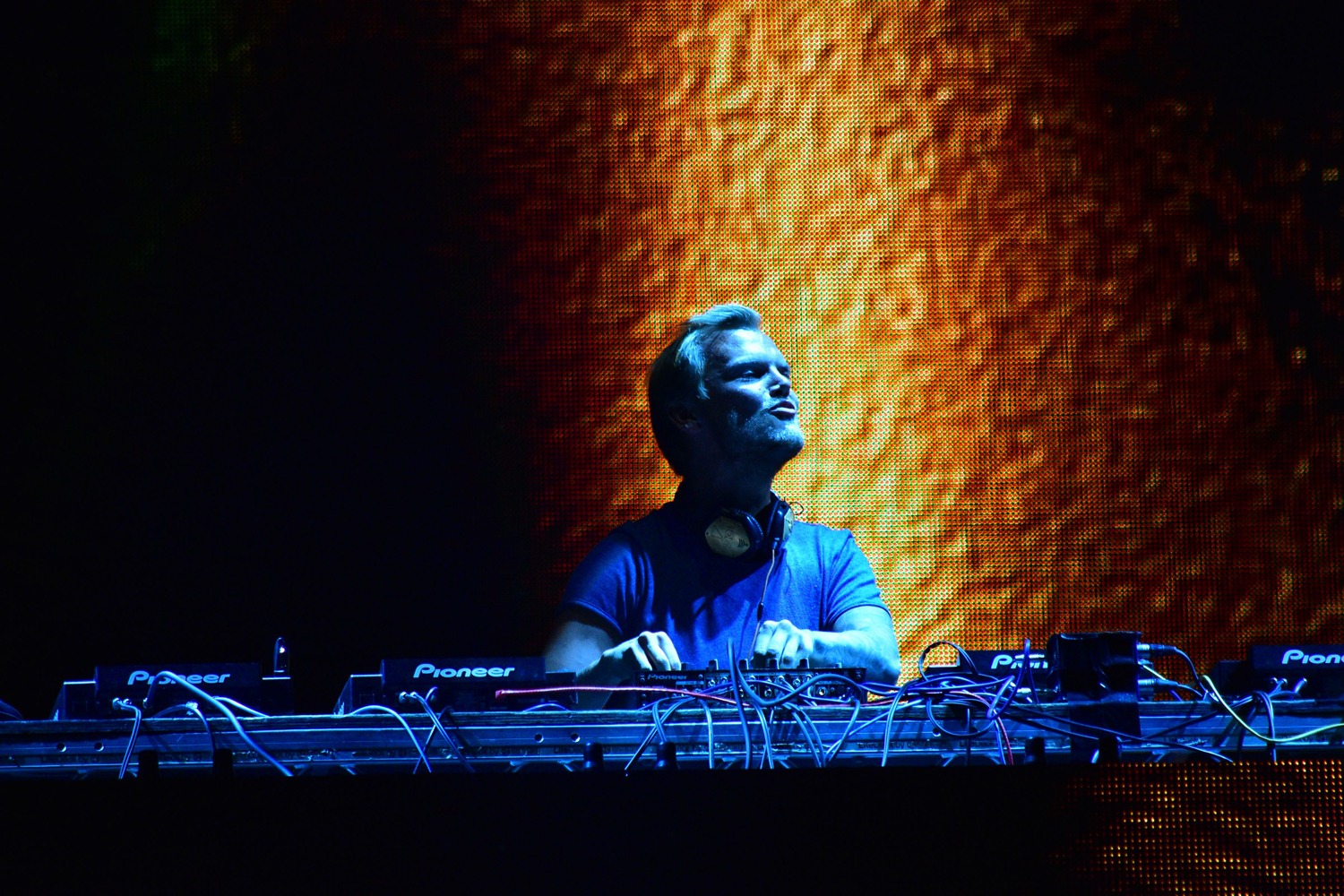In July, German researchers announced that they would be conducting an experiment to track the spread of COVID-19 during indoor concerts and measure the effectiveness of socially-distanced concerts. The experiment, which was powered to support 4,000 total participants, took place on August 22 in Leipzig over the course of three separate concerts, and appears to have gone quite smoothly.
Named “Restart-19,” the government facilitated experiment featured three performances from German artist Tim Bendzko. During the first concert, 2,000 healthy individuals between the ages of 18 and 50 who tested negative for COVID-19 were fitted with protective face masks and instructed to disinfect their hands with luminescent sanitizer to help researchers identify high-contact surfaces in the concert hall. Behavior during this performance was designed to mimic “normal,” nonrestrictive concerts that took place prior to the COVID-19 pandemic.
During the second concert, strict social distancing and hygiene measures were added to test their effectiveness. Finally, during the third and final performance, the number of attendees was reduced, and the required distance between attendees was further increased.
The ongoing COVID-19 pandemic has crippled the live event industry across the globe. The German government hopes that through this research, guidelines to safely hold live events can be identified and can subsequently offer some relief to affected businesses. Saxony-Anhalt’s Minister Of Economics And Science spoke before the experiment, stating,
“As long as there is a risk of infection, major concerts, trade fairs and sporting events cannot take place. This is why it is so important to find out which technical and organisational conditions can effectively minimize the risks.”
H/T: NPR
Featured image: Sean Gallup/Getty Images







